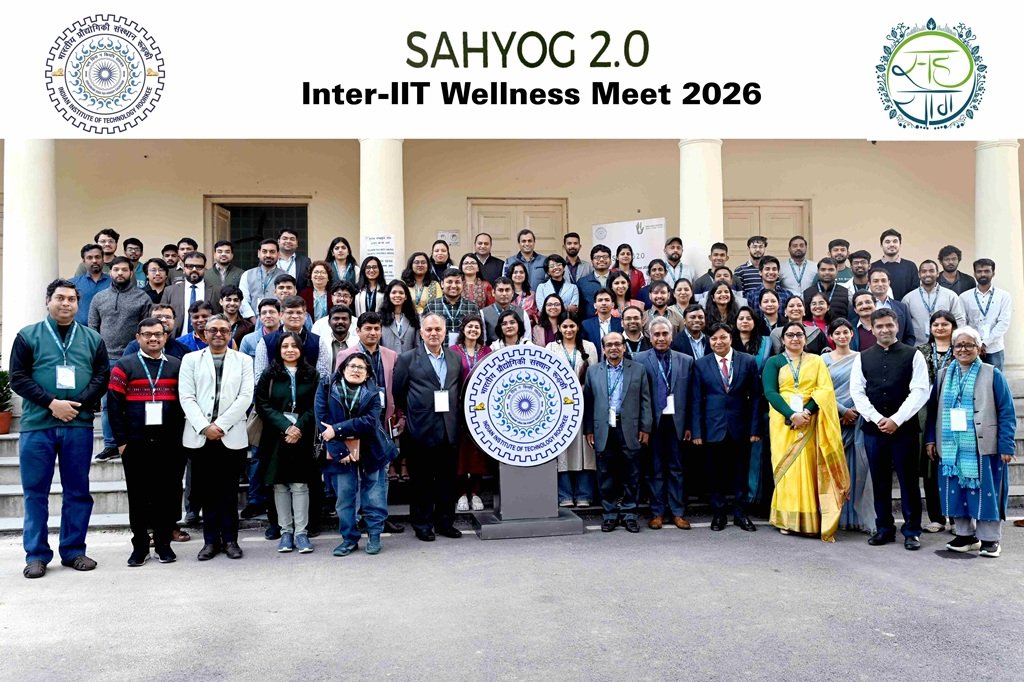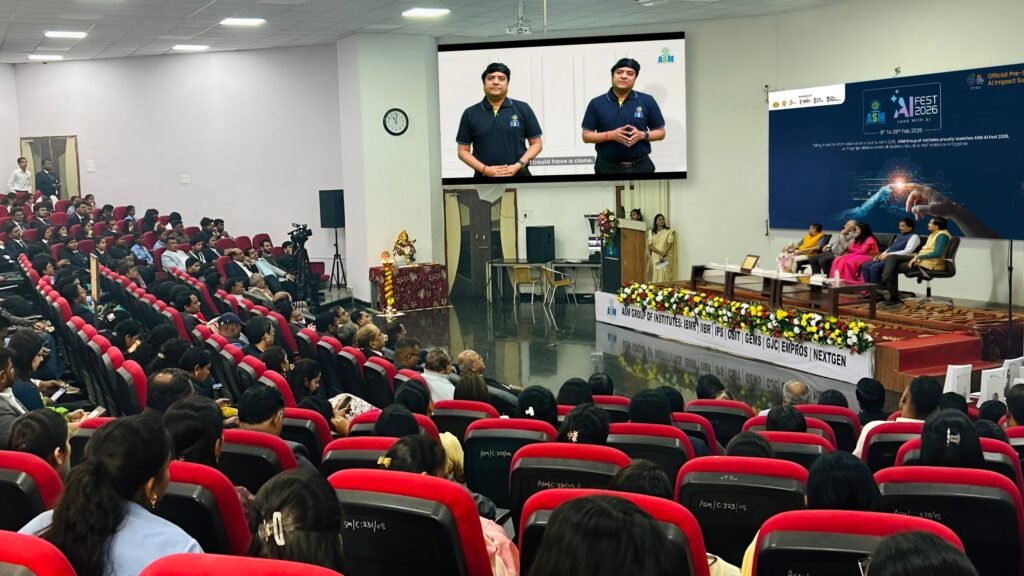- A young innovator from Rajasthan explains how he built a special solar-powered weed-killing machine
Weeds are to farmers what parasites are to the human body. They have no business being there and the faster they are gotten rid of, the better. I grew up in a farming family in Rajasthan and have seen my father and other farmers in my village struggle with weeds that, if left unchecked, could potentially wipe off months of hard work by diminishing farm output.
While there is no dearth of weed-removing machines in the market, they are expensive, clunky, noisy and polluting too because they run on diesel. Before hitting the drawing board, I was sure that I did not want to build yet another product that did not offer anything new, let alone solve the challenges farmers were facing with available machines in the market.
Drawn to technology
For as long as I can remember, I have been drawn to the problem-solving potential of technology. Even though I did not have any real-world experience, I had an urge to build something relevant to farmers in India that would impact the quality of their lives. India is an agrarian country in terms of the number of people who live off their land (though not in terms of economic value). Anything small or big to make farmers’ lives better will have a lasting impact. A key motivator for me was to make the life of small landholding farmers a little better.
I have been working on this weed-removing machine since I was 15 years. I developed the first prototype in Class 10. After more than three years of work, I came up with this hybrid multi-functional weed remover that ticked several important boxes. It is light; therefore, easy to carry around. It is solar powered and does not require diesel. The built-in rechargeable battery, allows for operation even after sunset. In addition to removing weeds, it can also handle sowing, spraying, and other tasks through its various attachments.
At the challenge
When I first heard about the Indian Silicon Valley Challenge in November 2023, I knew that I had found the platform to showcase my first product, which is also so close to my heart. I was up against stiff competition from more than 18,000 students like me from all over India. I felt that my chances of winning were minuscule and that there would be other opportunities in the future for me to do better. Winning a special mention by the judges and, of course, the ₹ 1 lakh cash prize made my day. Now, I am sufficiently motivated to patent this product, use the prize money to improve it further, and, hopefully, very soon scale it up to reach as many farmers in India as possible.
The writer is currently interning at the Young Innovator Internship Programme facilitated by the Scaler School of Technology in Bengaluru, Karnataka



